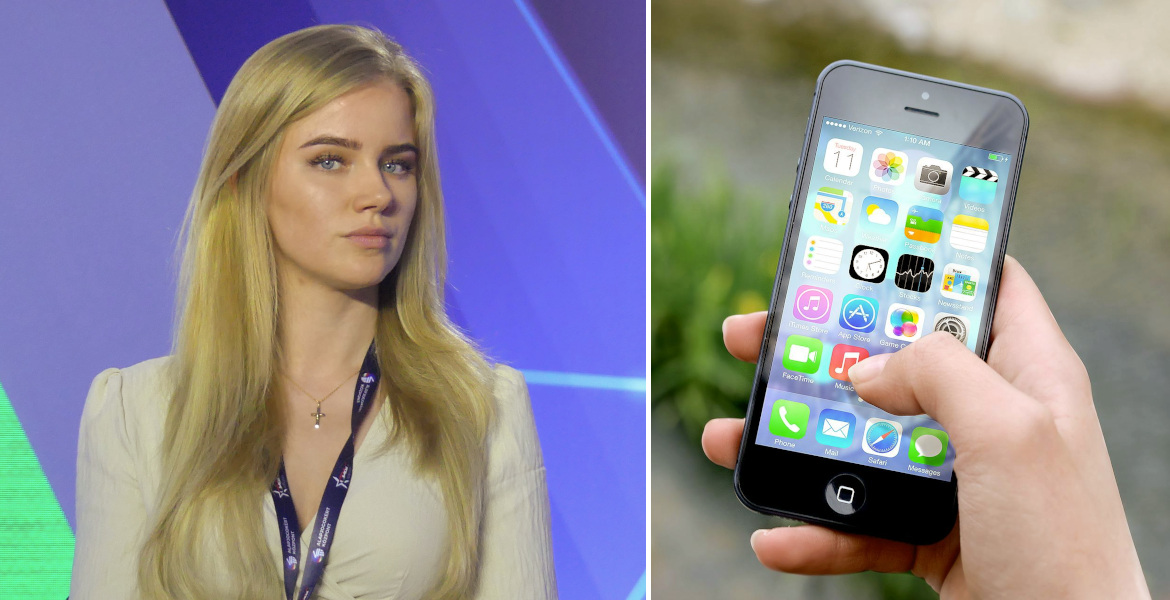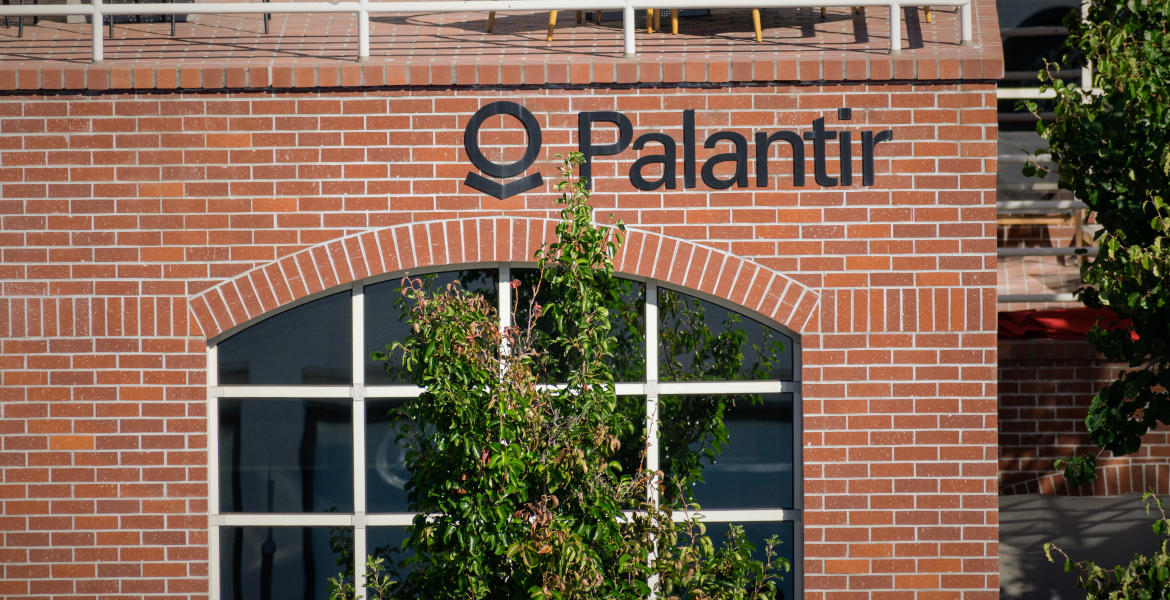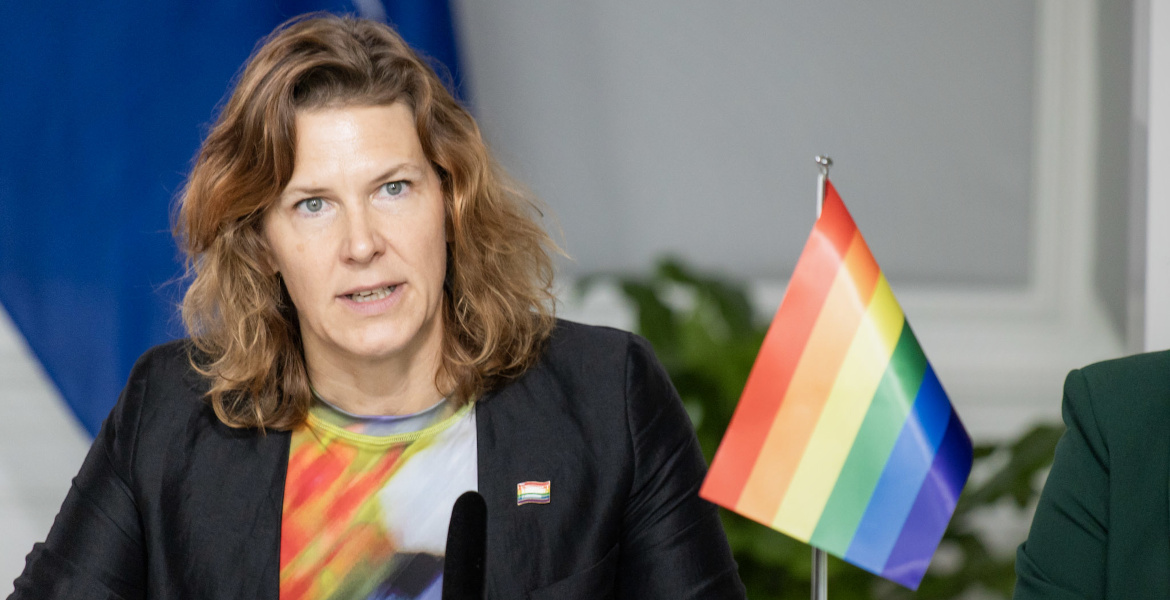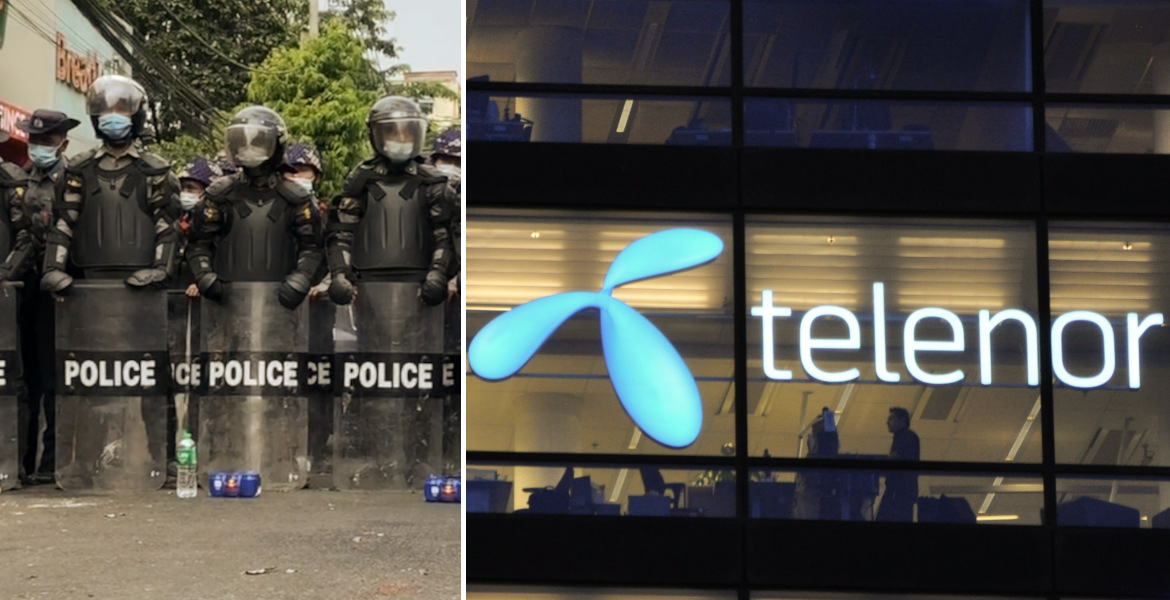Dutch opinion maker and conservative activist Eva Vlaardingerbroek recently revealed that she had received an official warning from Apple that her iPhone had been subjected to a sophisticated attack – of the kind usually associated with advanced surveillance actors or intelligence services.
In a social media post, Vlaardingerbroek shared a screenshot of Apple's warning and drew parallels to the Israeli spyware program Pegasus, which has been used to monitor diplomats, dissidents, and journalists, among others.
– Yesterday I got a verified threat notification from Apple stating they detected a mercenary spyware attack against my iPhone. We’re talking spyware like Pegasus.
– In the message they say that this targetted mercenary attack is probably happening because of 'who I am and what I do', she continues.
Posting the iMessage with the threat notification I got from @Apple here (4 out of 5 screenshots) pic.twitter.com/sbYWkfMr0A
— Eva Vlaardingerbroek (@EvaVlaar) April 30, 2025
The term mercenary spyware is used by Apple to describe advanced surveillance technology, such as the notorious Pegasus software developed by the Israeli company NSO Group. This software can bypass mobile security systems, access calls, messages, emails, and even activate cameras or microphones without the user's knowledge.
Prominent EU critic
Although Apple does not publicly comment on individual cases, the company has previously confirmed that such warnings are only sent when there is a "high probability" that the user has been specifically targeted. Since 2021, the notifications have mainly been sent to journalists, human rights activists, political dissidents, and officials at risk of surveillance by powerful interests.
Vlaardingerbroek has long been a prominent voice critical of the EU and has become known for her sharp criticism of EU institutions and its open-border immigration policy. She insists that the attack is likely politically motivated:
– I definitely dont know who did it. It could be anyone. This could be name a government that doesn't like me. Name a organization that doesnt like me. Secret services, you name it.
– All I know for sure right now is that someone is trying to intimidate me. I have a message for them: It won’t work.
“There must be full transparency”
The use of Pegasus-like programs has been heavily criticized by both governments and privacy advocates. The tools, originally marketed for counterterrorism, have since been reported to be used against journalists and opposition leaders in dozens of countries.
In response, Apple sued NSO Group in 2021 and launched a system to warn users. However, the company claims that the threats are "rare" and not related to common malware.
The Vlaardingerbroek case is now raising questions about whether such technology is also being used in European domestic political conflicts, and the organization Access Now is calling on authorities in the Netherlands and at the EU level to investigate the attack.
– There must be full transparency. No one in a democratic society - regardless of political views - should be subjected to clandestine spying for expressing opinions or participating in public discourse, said a spokesperson.
Neither Apple nor the Dutch authorities have commented publicly on the case. Vlaardingerbroek says she has not yet seen any signs that data has actually been leaked, but has taken extra security measures.






